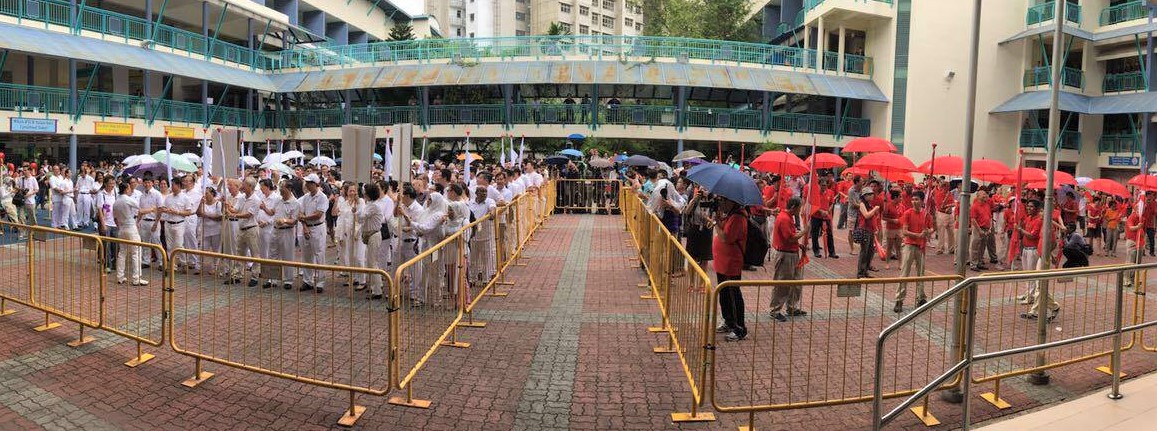Kishore Mahbubani, the dean of the Lee Kuan Yew School of Public Policy, National University of Singapore has kept on writing, despite the brickbats (here, here and here) that he got for writing a column suggesting that Singapore as a small state should act in a way that befits its size.
This time, in his latest Straits Times column on July 22 co-authored with his research assistant Kristen Tang, he ventured into local politics and political culture.
Their suggestion? A "committee on future politics".
In search of a middle path to engineer political change
Erm, that's some next level head-scratching stuff.
Why would even the most benovolent ruling party, or one like the People's Action Party (PAP) government who has close to 70 percent electoral support, want to set up a committee like that?
In any case, let's see what Kishore's idea to "find a delicate middle path to tread" in order to "engineer gentle political change in Singapore" is about:
[related_story]
Do we really need another committee?
Setting up committees to push for changes or chart a new course? This should be really familiar to many Singaporeans. It is one of those things that sounds good on paper, but sometimes deliver patchy results.
On the economic front, we almost lost count the number of committees that have been set up over the years. They include the recent Committee on the Future Economy (CFE), Economic Strategies Committee (2010), Economic Review Committee (2003), Committee on Singapore’s Competitiveness (1998), Economic Planning Committee (1991) and Economic Committee (1986).
Besides that, there were also large scale envisioning and policy feedback exercises such as Singapore 21 (1998), the Remaking Singapore Committee (2002) and Our Singapore Conversation (2012).
We know committees never go out of vogue in Singapore. But this is a question that still needs to be asked: Do we really need another committee?
Notwithstanding the issue of whether the reflexive use of a traditional approach to solve national challenges is appropriate in the current era, the difficulty of setting up of such a committe should not be under-estimated.
It is highly likely that its composition will be a subject of potential controversy and politicisation (the definition of "wise men and women" is itself problematic), and so would its scope of work.
Furthermore, is it realistic to expect political change to be driven or decreed by some ad-hoc committee based on a set of recommendations?
Where should we start?
Even without the setting up of a committee, we can still talk about political change in Singapore.
In fact, discussions about Singapore politics have always been out there, and it is clear that the emergence of social media has promoted a proliferation of perspectives.
The numerous committees formed over the years have produced pages and pages of reports that few people care to read or remember. Nevertheless, to focus the discussion about changing Singapore's political culture, there is always some value in looking back at some of these reports in search of issues, especially the unresolved ones, and re-evaluate them in light of a new social context.
The annex of the Remaking Singapore Committee report in June 2003 listing "Proposals Without Consensus"(see page 84), is a good starting point.
The proposals that could be revisited include changes to defamation law, further liberalisation of the mass media and changing the political playing field.
There hasn't been any progress on these issues after more than a decade.
Instead of advocating the formation of a committee to talk about future politics, it would seem that a bigger difference can be made in terms of promoting political awareness and interest if more effort is directed to generating discussions on these issues that matter.
Top photo by Edwin Koo
If you like what you read, follow us on Facebook, Instagram, Twitter and Telegram to get the latest updates.
